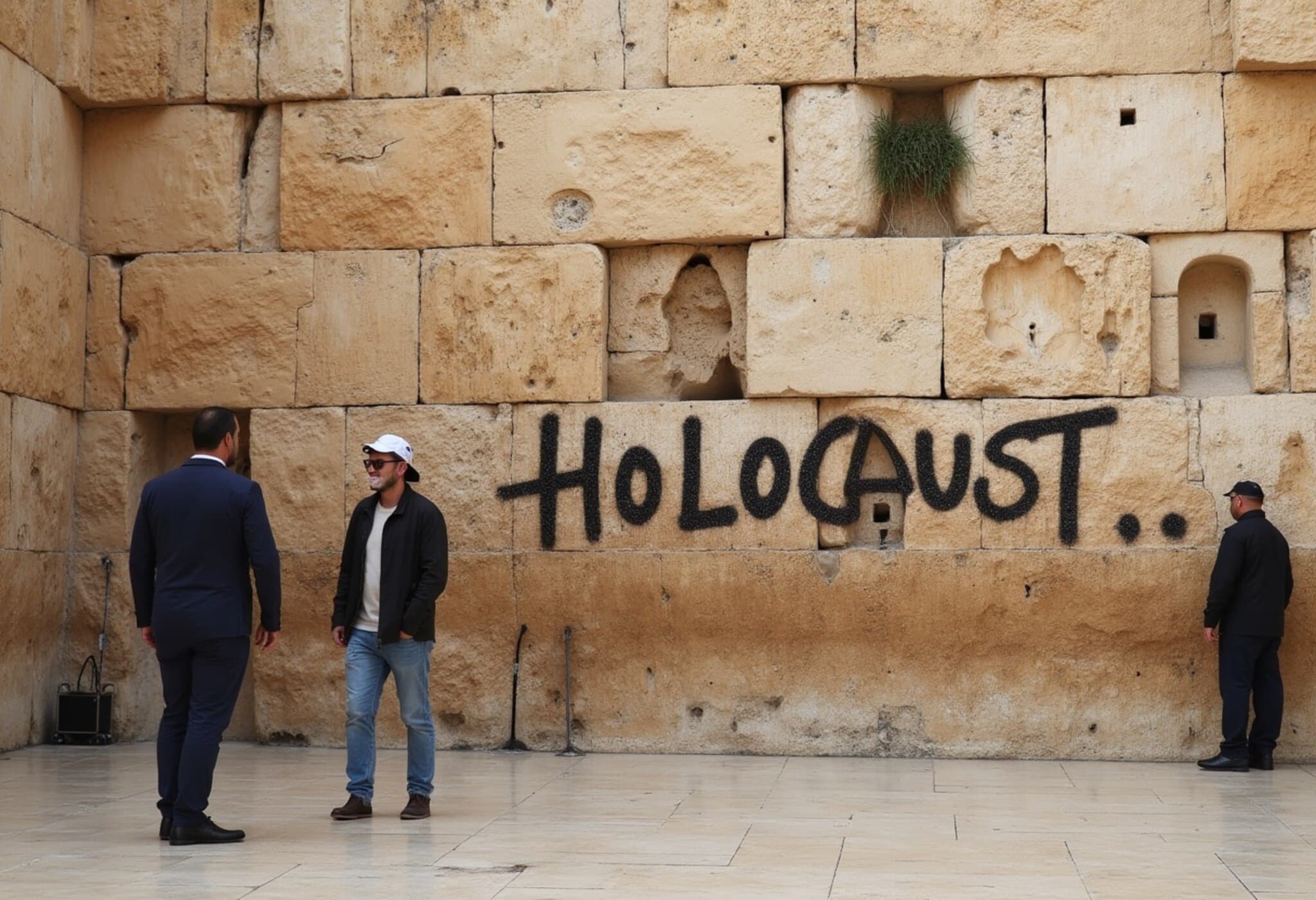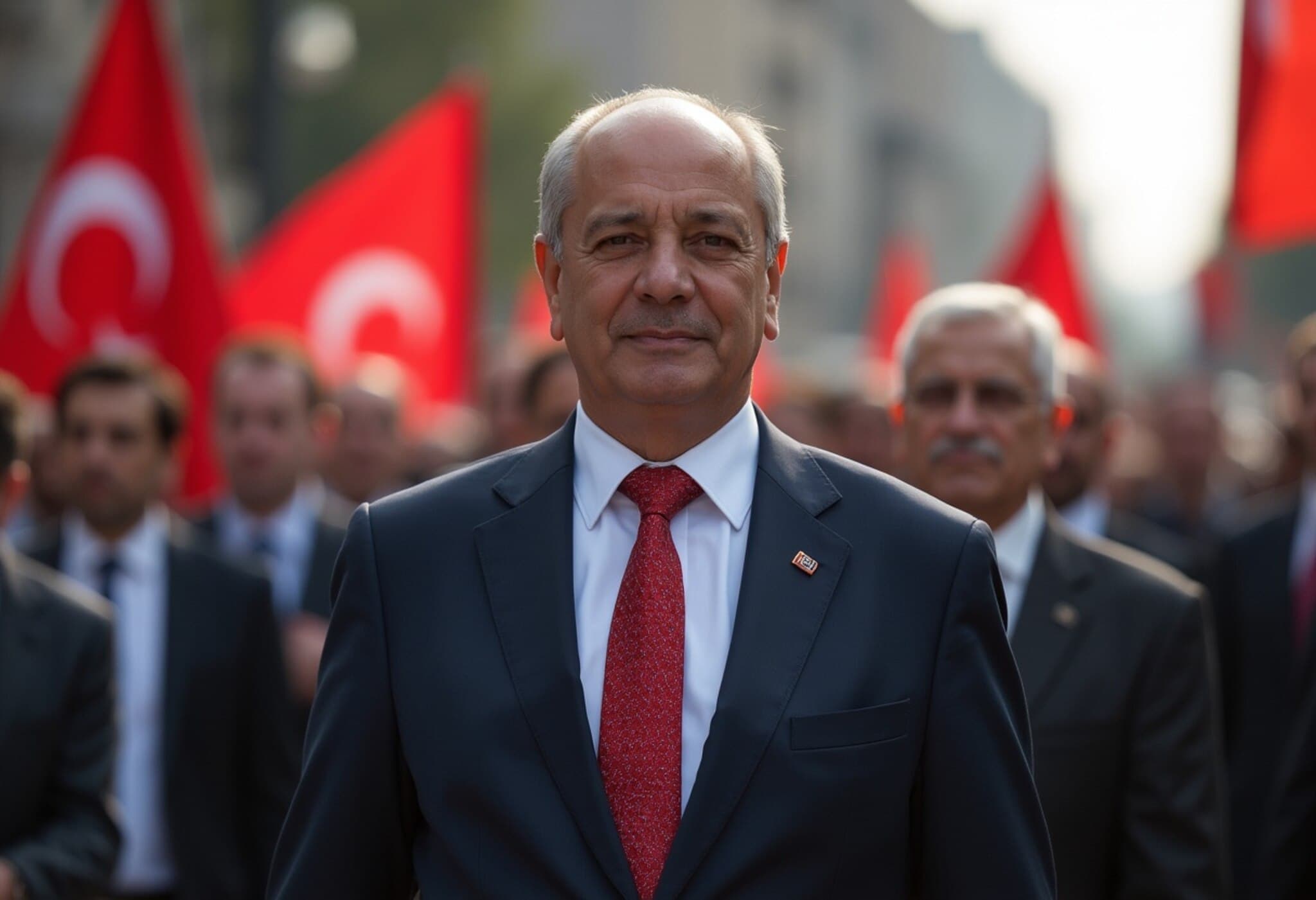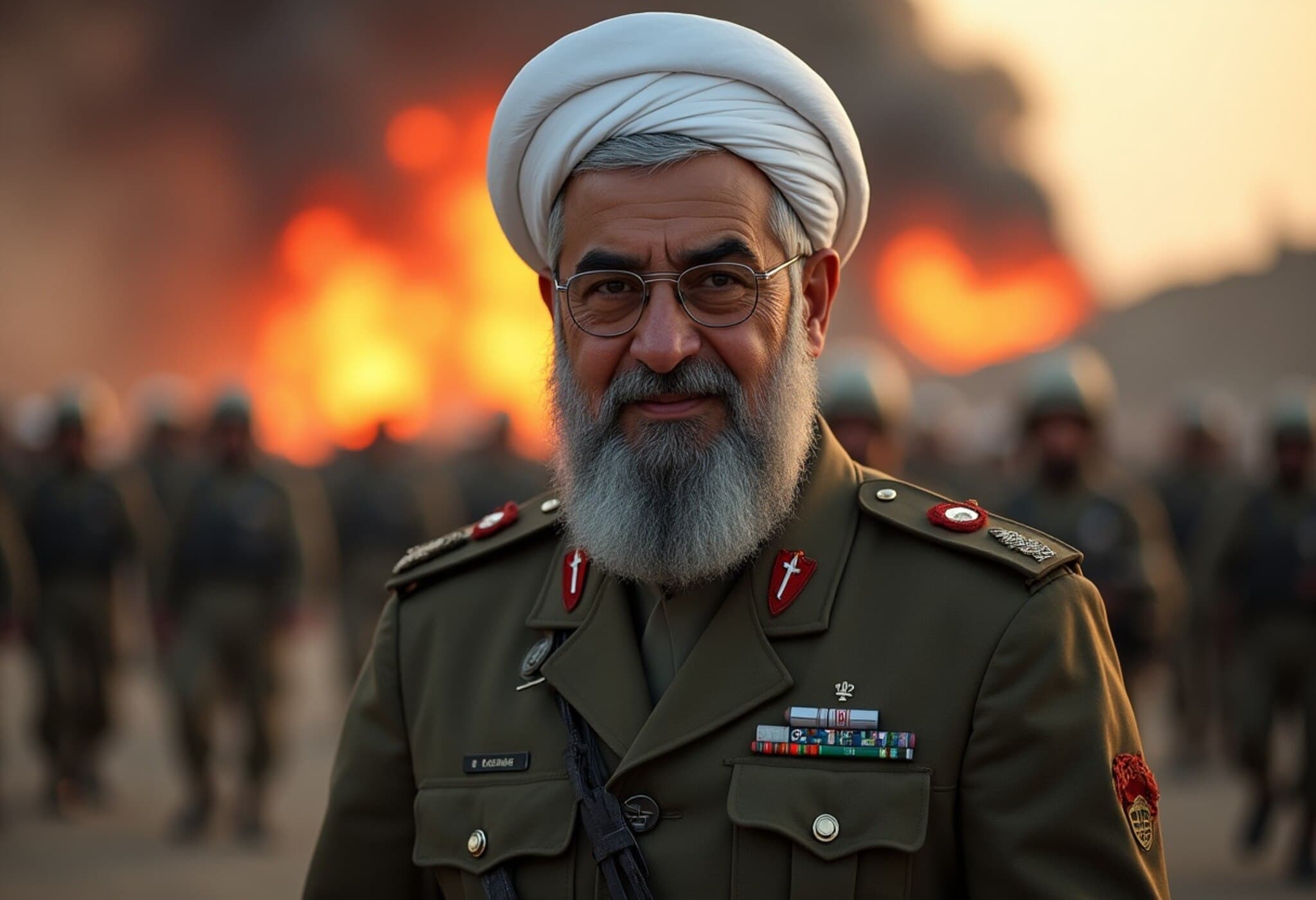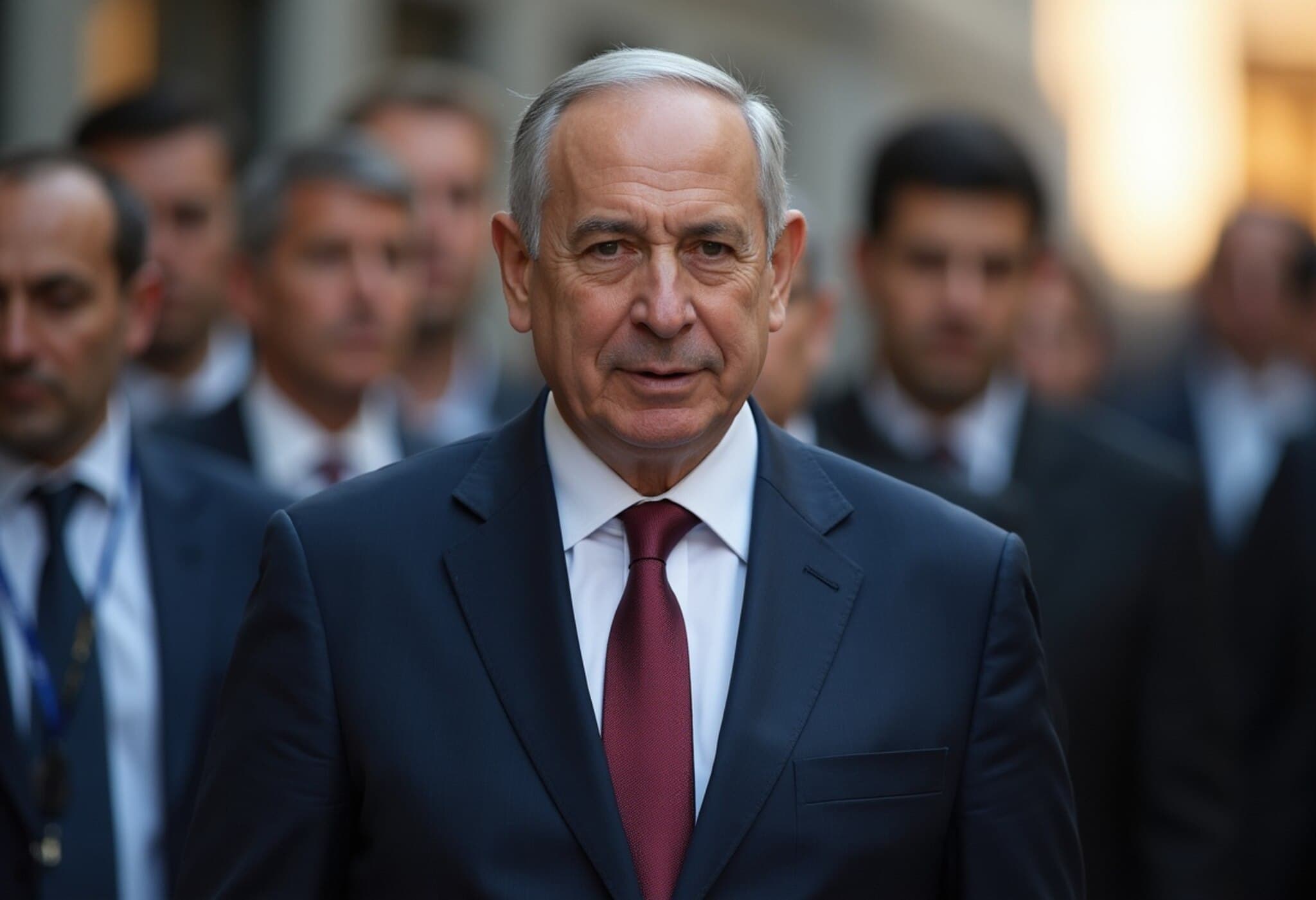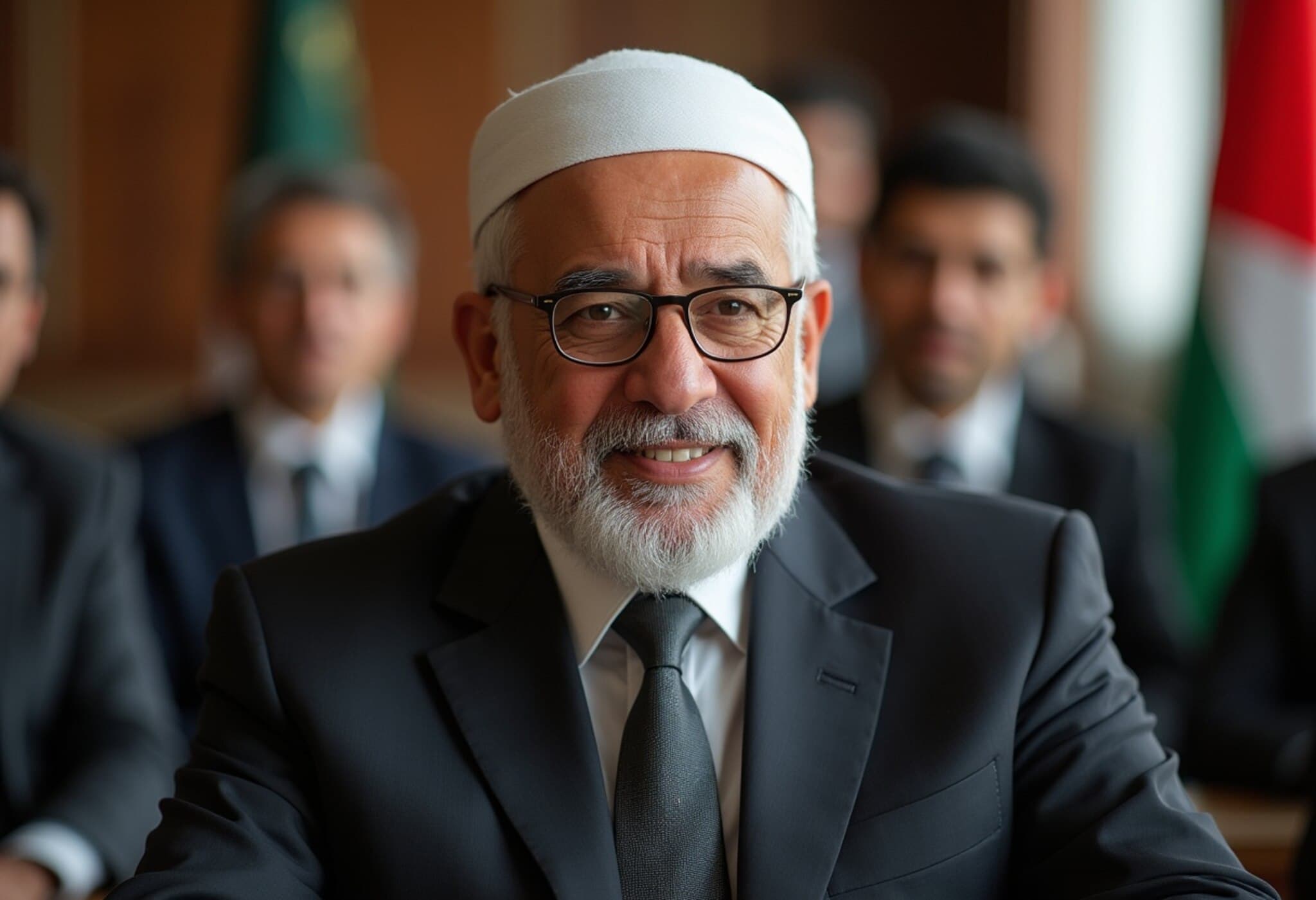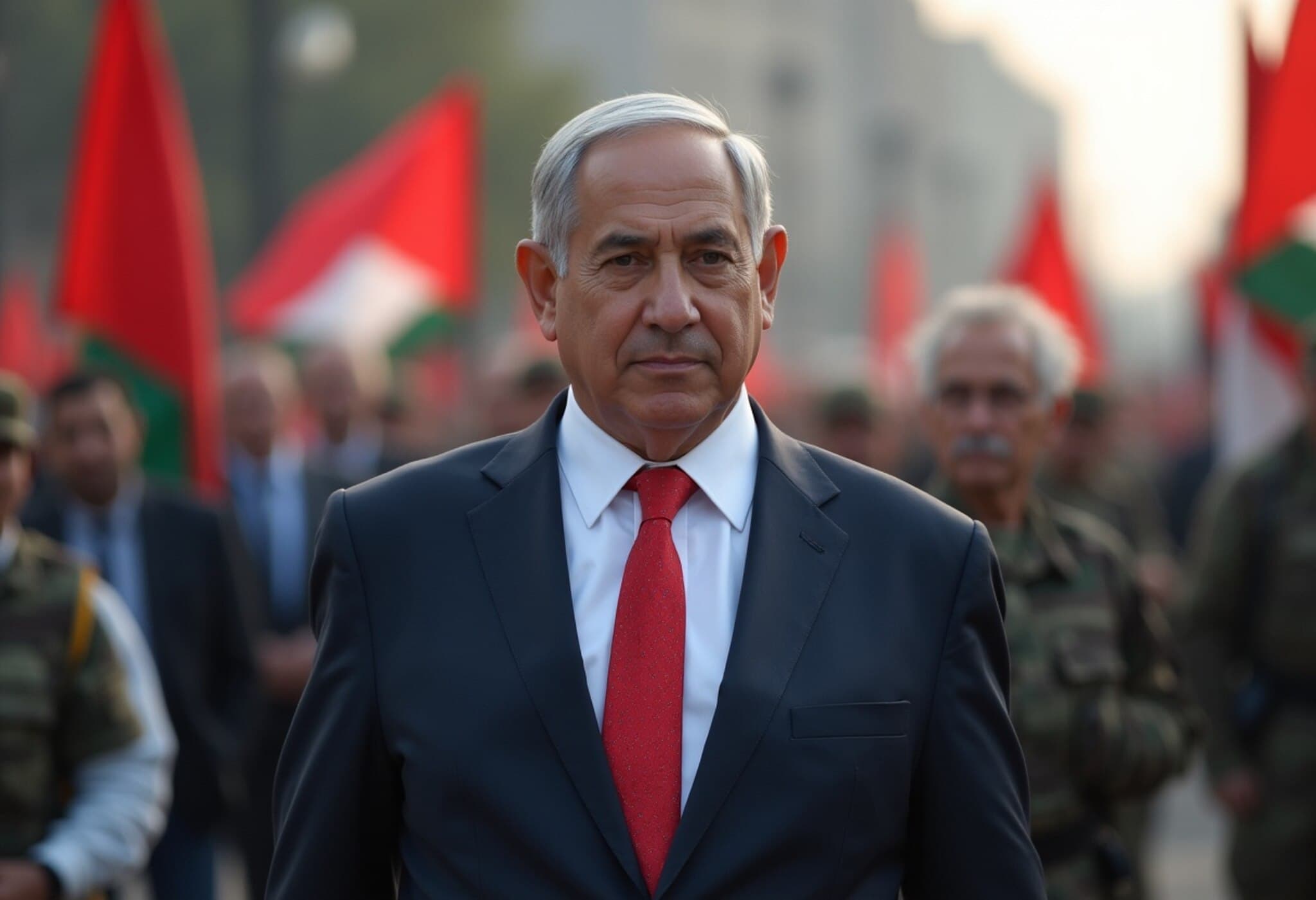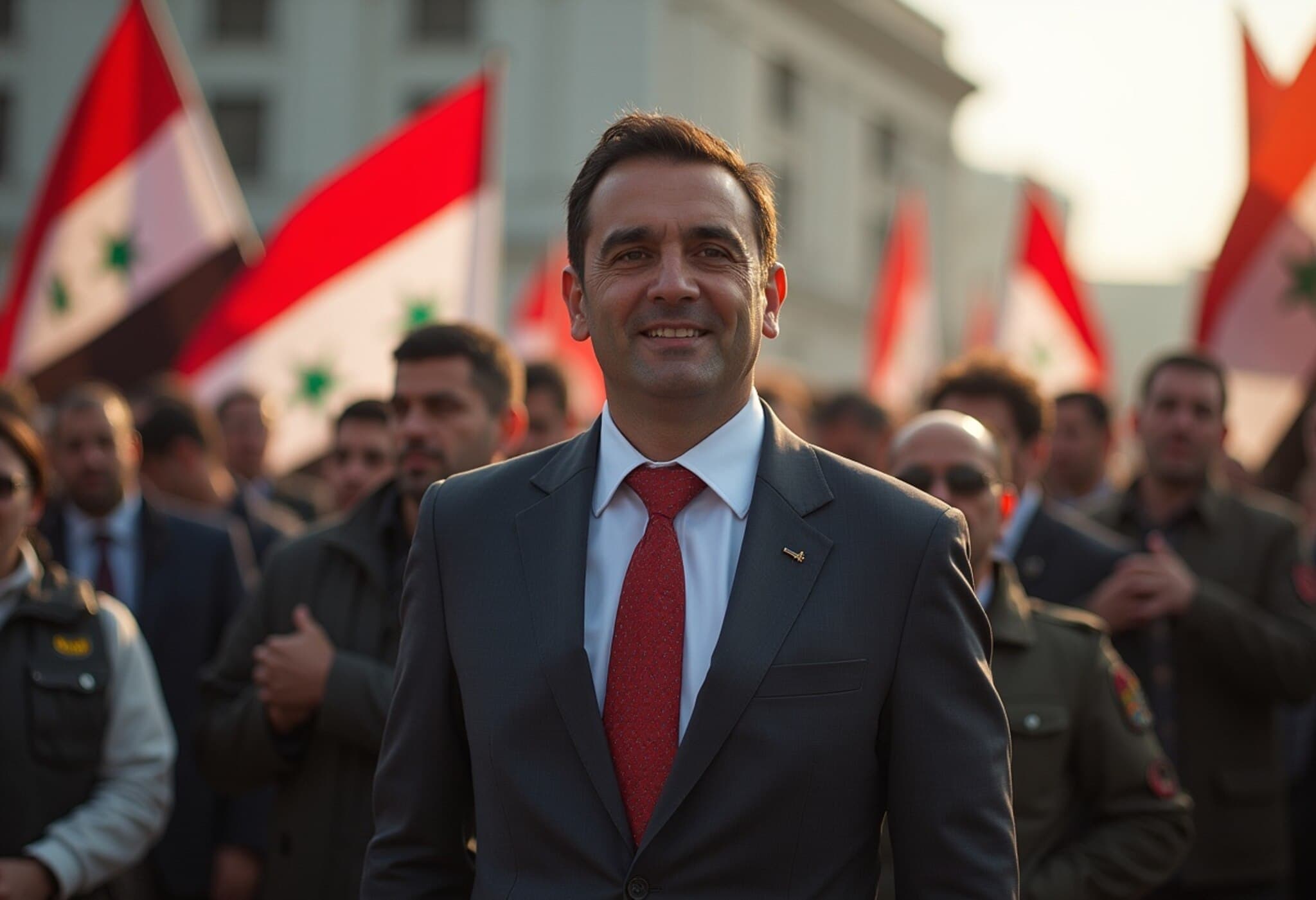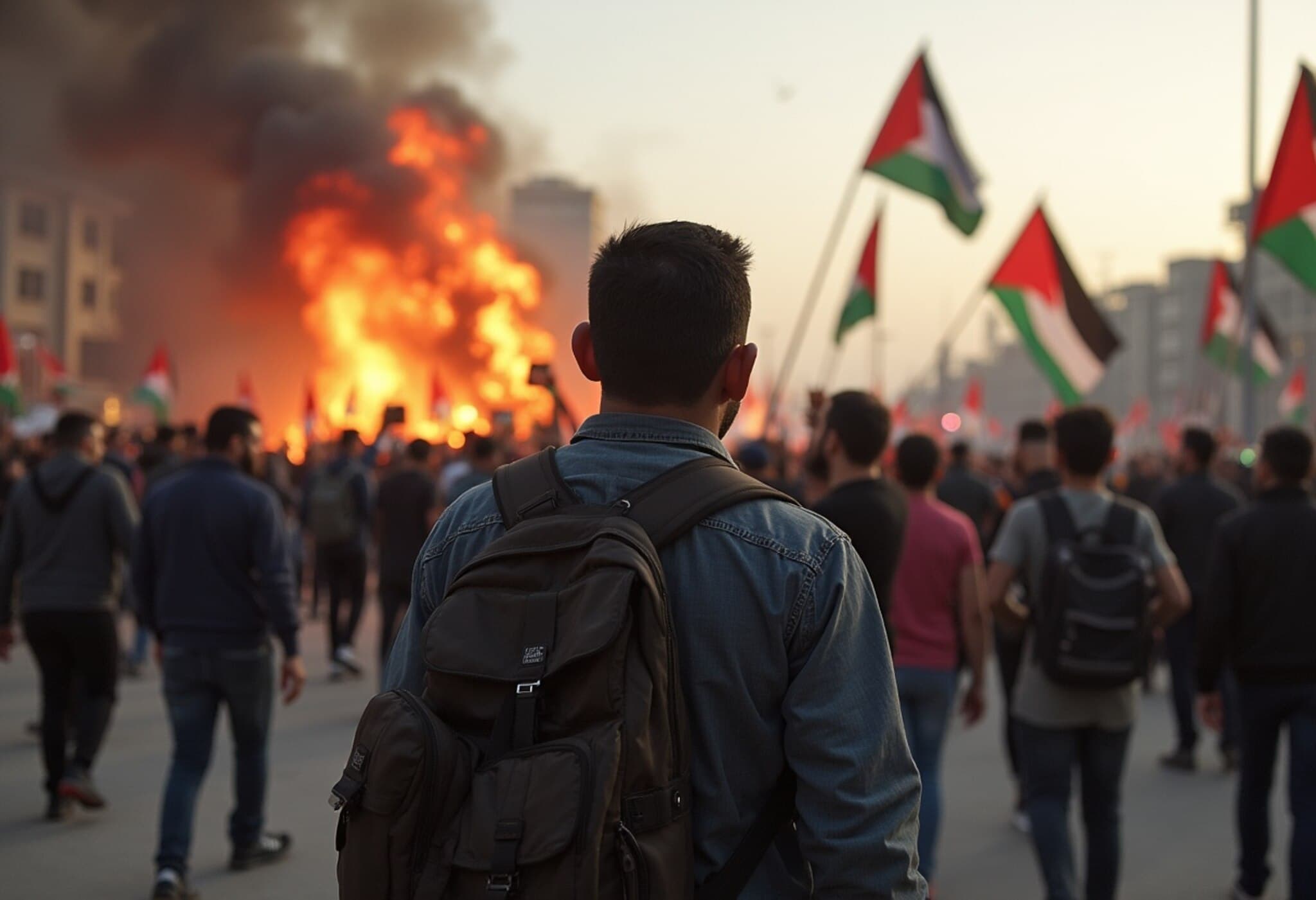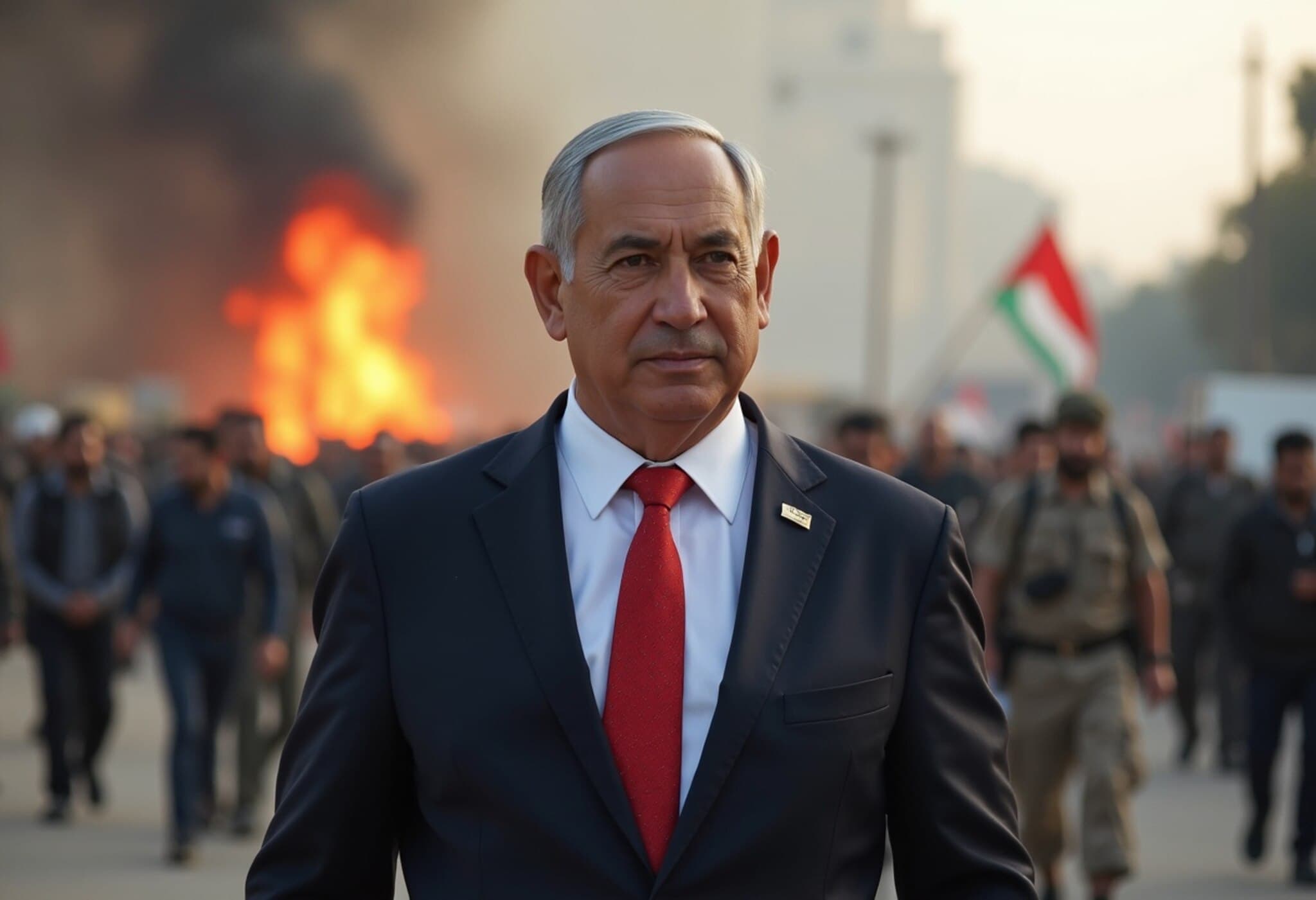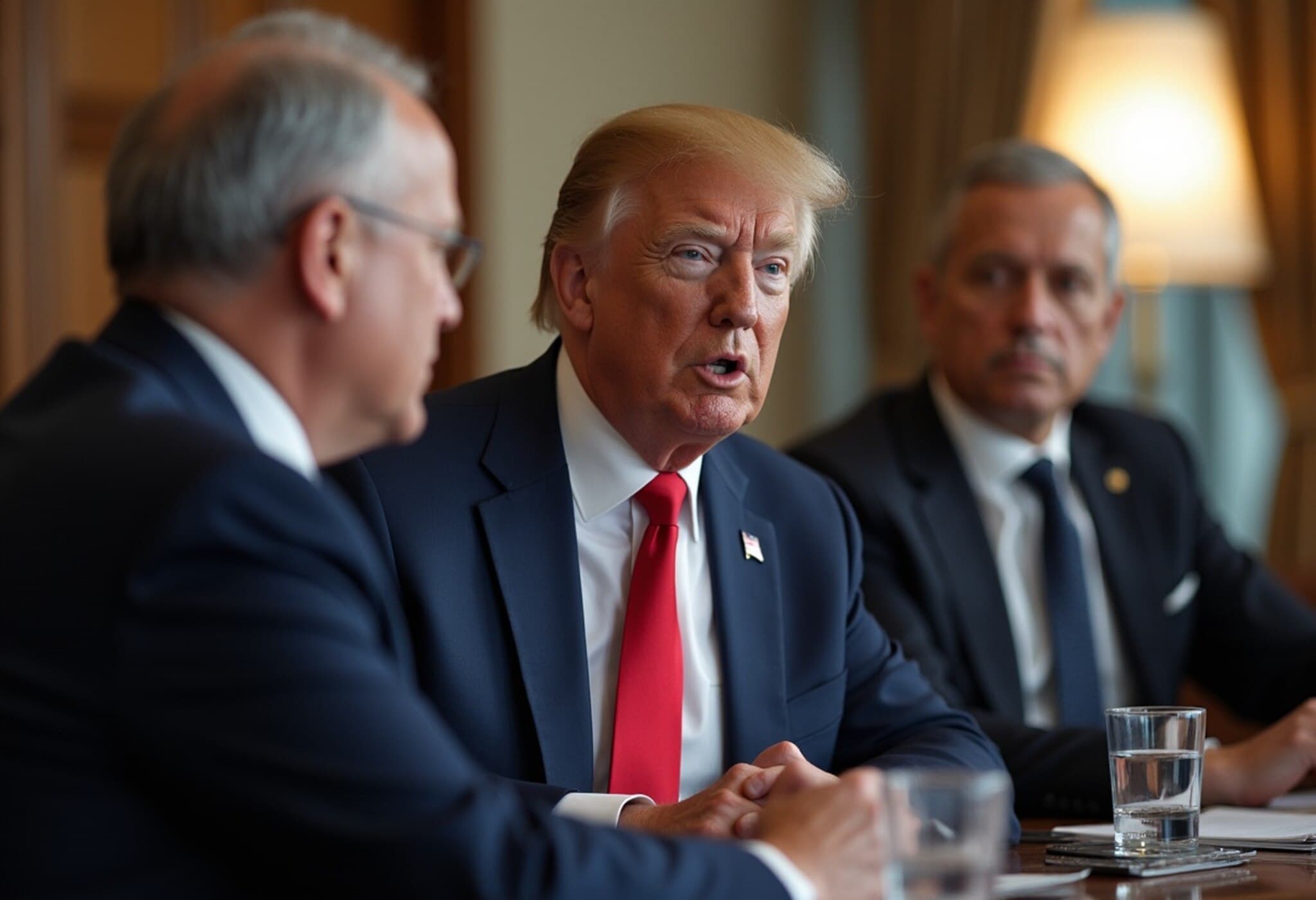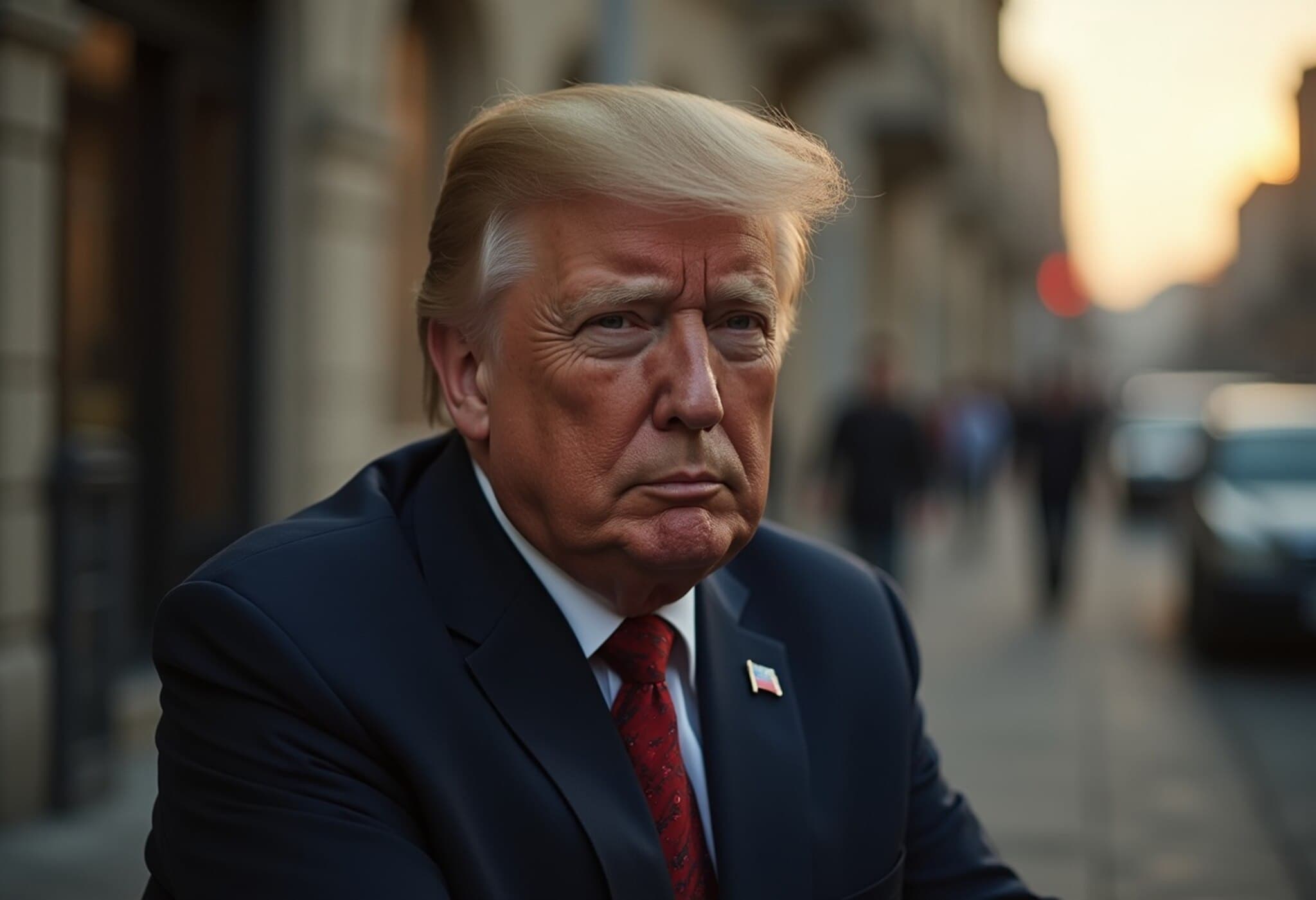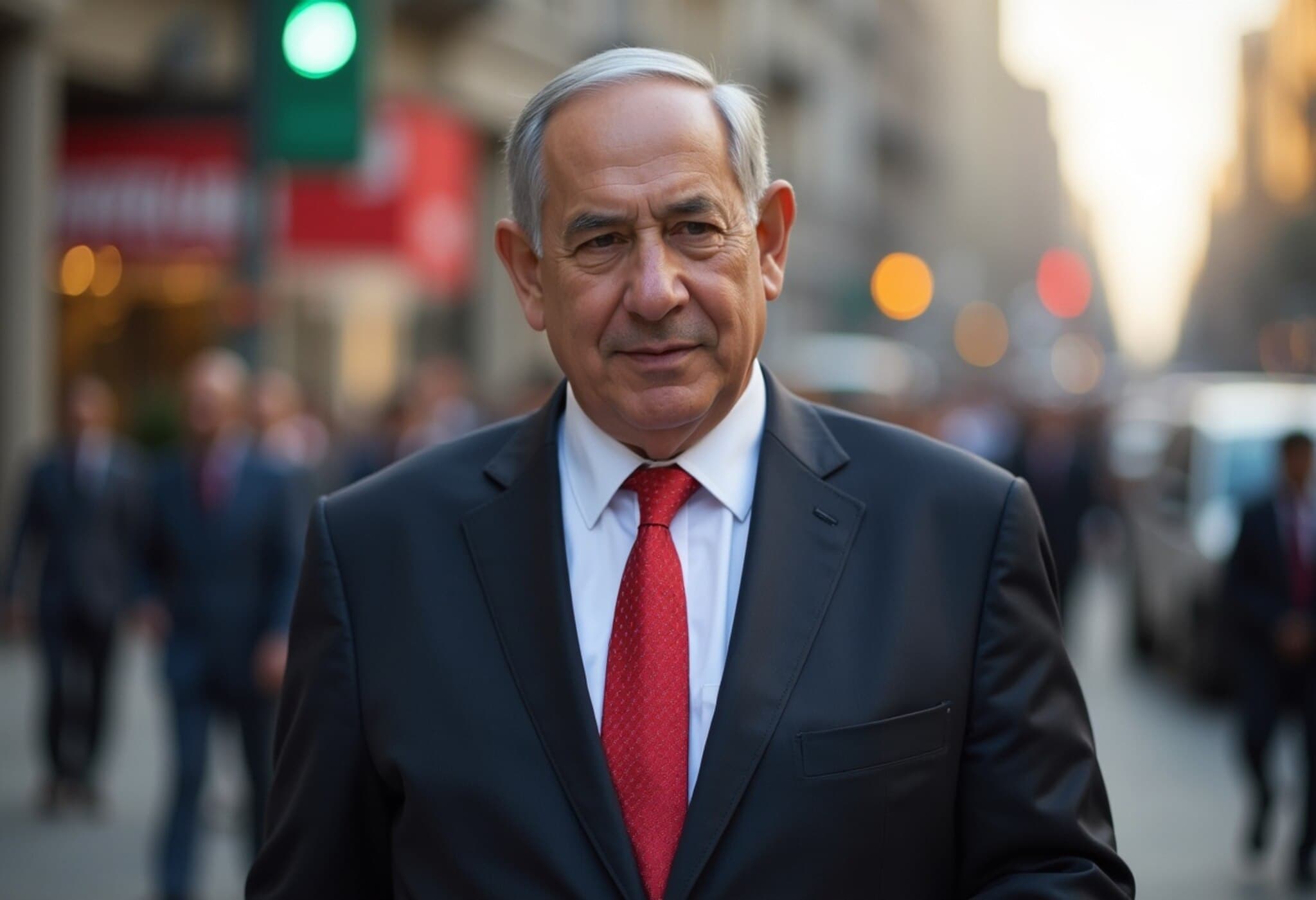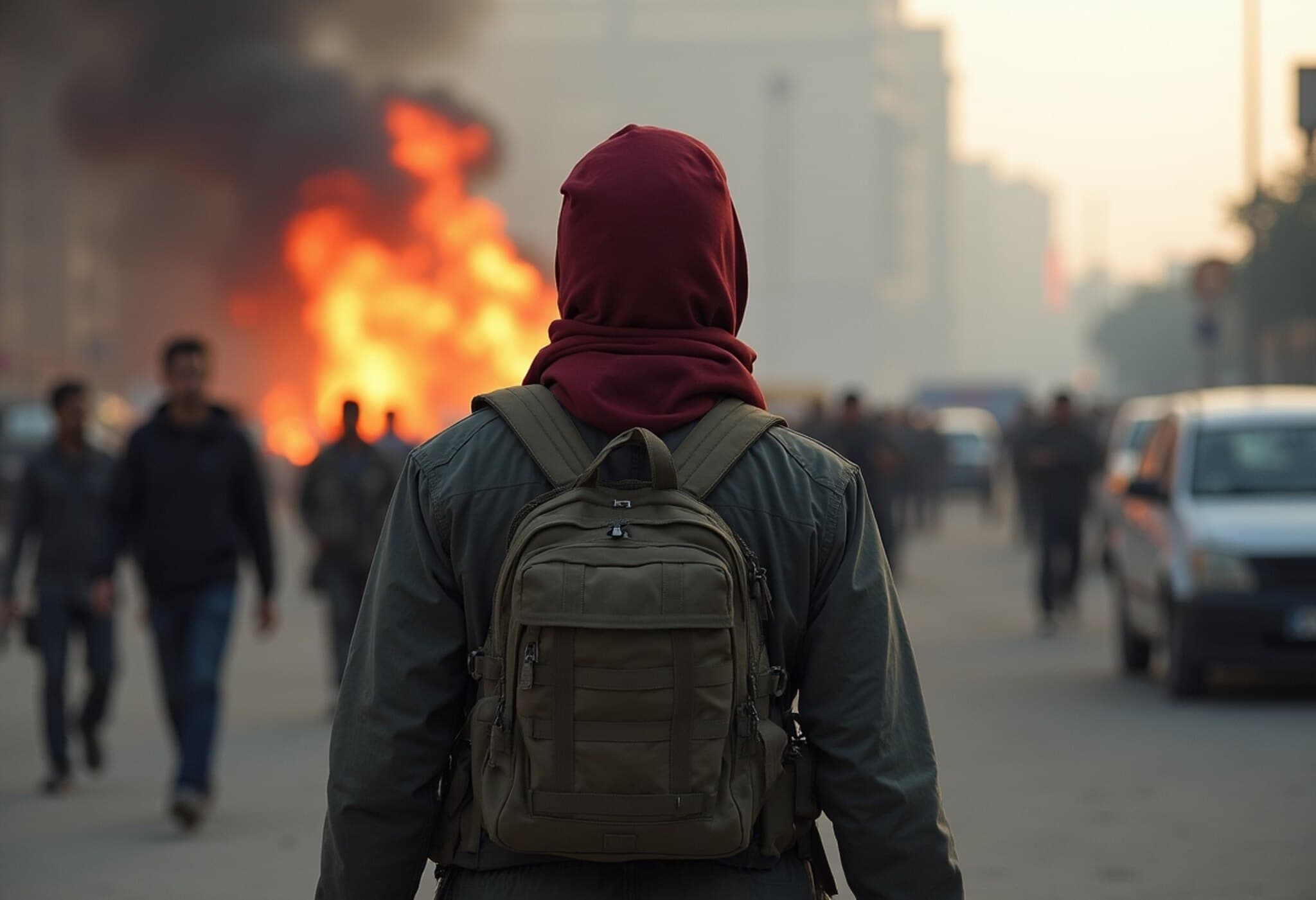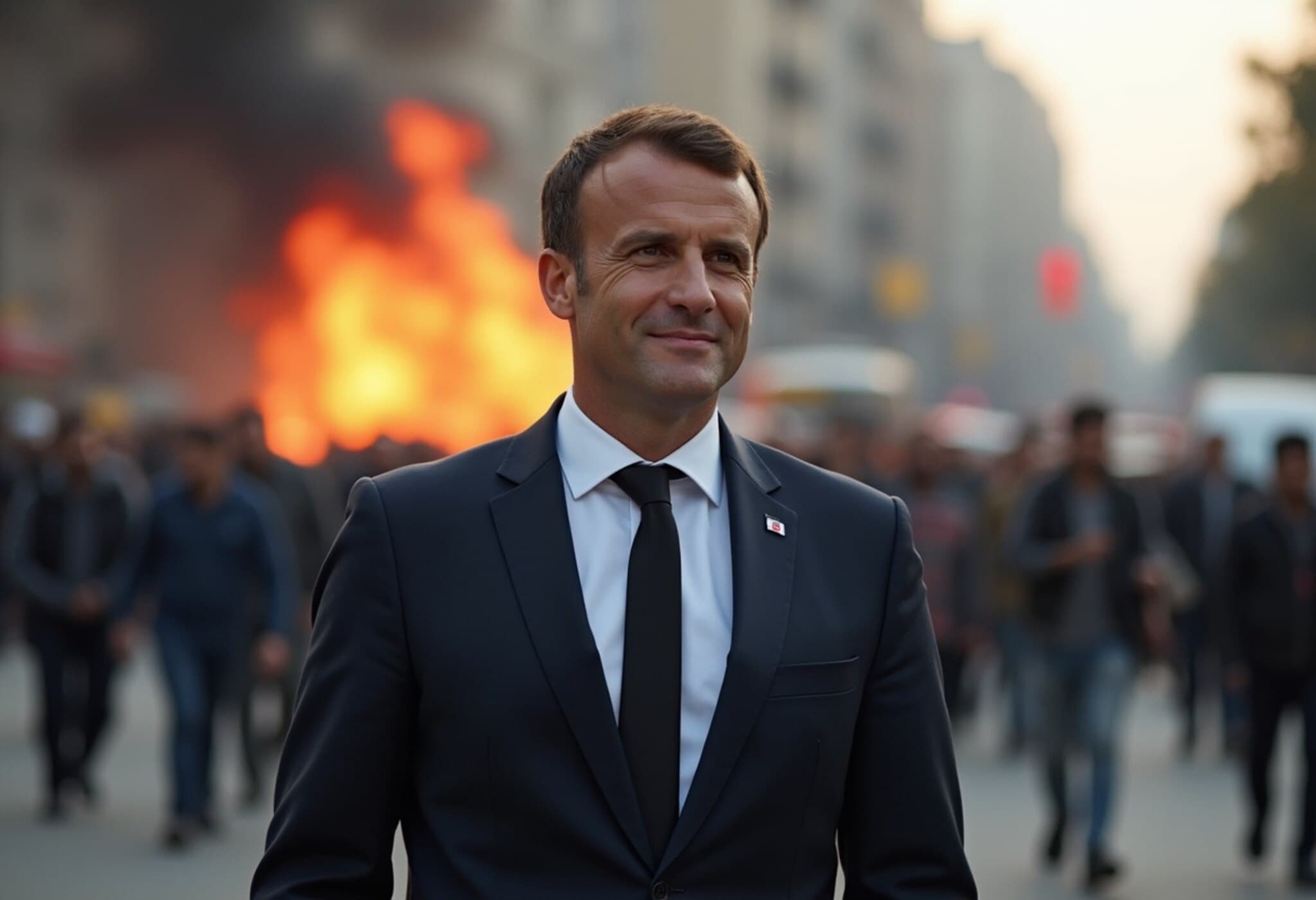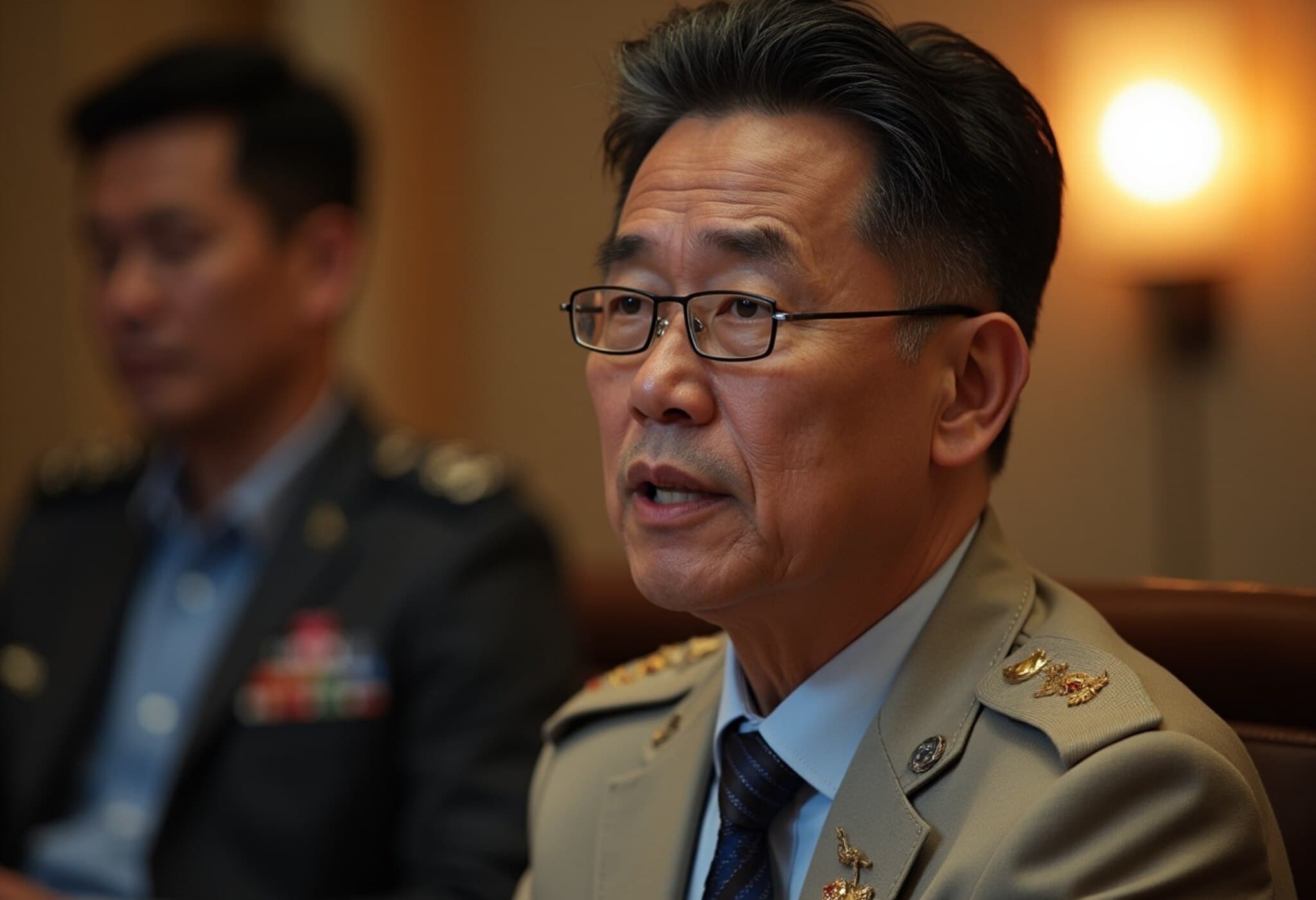Controversial Graffiti Defaces Jerusalem’s Western Wall
In a deeply unsettling development amid ongoing conflict, Jerusalem’s Western Wall — one of Judaism’s most sacred sites — was vandalized with graffiti proclaiming, "There is a holocaust in Gaza." This provocative message also appeared on the walls of the Great Synagogue elsewhere in the city, amplifying tensions during a period of heightened unrest and humanitarian crisis in the region.
Significance of the Western Wall
The Western Wall, also known as the Wailing Wall, is a remnant of the Second Temple, destroyed by the Romans in 70 CE, and holds unparalleled religious significance for Jews worldwide. It is the closest accessible site to the original Temple Mount where Jewish prayer is permitted, making it a centerpiece of spiritual identity and historical memory.
Context: The Gaza Conflict and Global Outcry
The graffiti emerges amid international outrage over Israel’s military campaign in Gaza and the humanitarian crisis unfolding there. Israel’s blockade has severely restricted aid, contributing to widespread malnutrition and hunger. The conflict has resulted in thousands of deaths, including many civilians. Incidents at food distribution centers, reportedly attacked during these confrontations, have further intensified outrage.
Failed Military Objectives and Growing Protests
Despite sustained military operations and an expanding ground offensive, Israeli Prime Minister Benjamin Netanyahu has faced criticism for the failure to secure the release of hostages held by Hamas and to decisively defeat the group militarily. This ongoing stalemate has sparked widespread protests within Israel and around the world, reflecting deep dissatisfaction and emotional distress on all sides.
Authorities’ Response to the Vandalism
The Israel Police swiftly arrested a 27-year-old Jerusalem resident suspected of the graffiti attacks at both the Western Wall complex and the Great Synagogue. This decisive action demonstrates the sensitive nature of the incident and the government’s intent to prevent further desecration of holy sites.
Religious Leaders Speak Out
Western Wall Rabbi Shmuel Rabinovitch condemned the act as a "desecration of a holy place." He urged authorities to thoroughly investigate and bring those responsible to justice, emphasizing that such sacred spaces should be respected and not used as platforms for protest or political statements.
Potential Impact on Israeli Society and Broader Conflict
This incident underscores the fractures within Israeli society regarding the ongoing conflict and government policy. Opposition to the military offensive and frustration over unreturned hostages reflect deep divisions. The vandalism at such a revered site threatens to inflame these tensions, risking further polarization amid an already volatile environment.
Underreported Dimensions
- Symbolic Targets: Vandalizing the Western Wall is not merely a criminal act; it’s a profound symbolic affront that challenges collective identity and memory, intensifying emotional fault lines.
- Humanitarian Voices: The graffiti’s reference to a "holocaust" in Gaza invokes charged historical trauma, signaling desperation but also potentially deepening misunderstandings if not addressed thoughtfully.
- Legal and Ethical Debates: How societies negotiate freedom of expression versus respect for sacred spaces remains a crucial question, especially during conflict.
Editor’s Note
The vandalism of Jerusalem’s Western Wall is a stark reminder of how deeply the current Gaza conflict reverberates beyond battlefields, permeating society’s most sacred and symbolic spaces. It beckons us to consider how dialogue, empathy, and legal frameworks can better protect cultural heritage while addressing powerful grievances. As tensions simmer, can such acts be a wake-up call for broader reconciliation, or will they deepen the divide?

